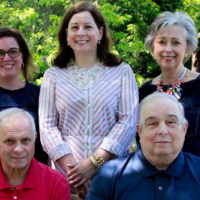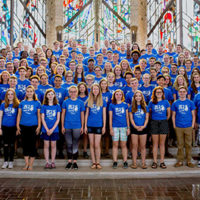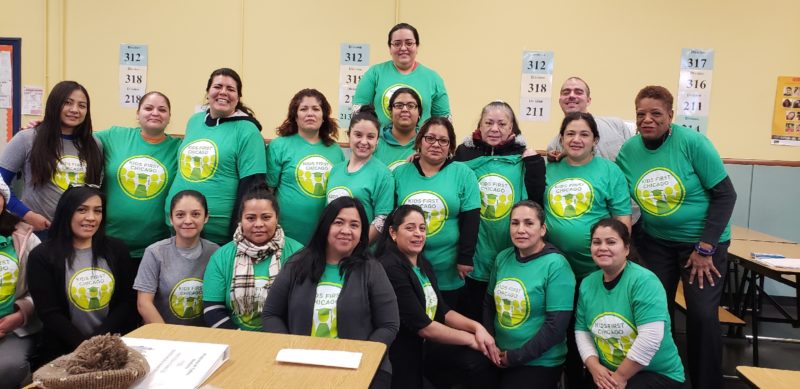When Chicago Public Schools (CPS) closed by governor’s order this past March, Daniel Anello, CEO of Kids First Chicago, urged that “our first priority must be to ask [families] what they need during this difficult time. We must listen and connect their concerns to city, district, and state resources and leaders.” Kids First’s staff members then started picking up the phone to talk with CPS parents across the city about their current and emerging needs in the face of the growing health crisis and shuttered schools. More than 200 conversations later, Kids First shared three emerging themes of concern from parents: access to basic needs; physical and mental wellness supports; and overwhelming barriers to a quality remote education.
In response to concerns raised by parents, Kids First dug deeply into the data to reveal enormous divides in access to broadband internet, culminating in an April brief co-created with the Metropolitan Planning Council—“Digital Equity in Education in the Coronavirus Era.” Using American Community Survey data from the U.S. Census Bureau, the report outlines the depths of the digital divide—1 in 5 children, or 110,000 youth across the city, lack access to internet at home. And in some predominantly Black or Latinx neighborhoods, the digital divide is even starker. For example, nearly 1 in 2 households in West Englewood on the South Side do not have in-home connections to the internet. Meanwhile, predominantly white, more affluent neighborhoods show rates of connectivity near or above 90%.

“Crisis can bring clarity,” argues Anello. “Access to the internet is, now more than ever, not a luxury, but a necessity.” Key recommendations in the April report included establishing a community-led internet service subsidy program to target Chicago’s most underserved communities. Response to this call-to-action poured out from the public, private, and philanthropic sectors, and on June 25, Mayor Lightfoot announced Chicago Connected—a $50 million public-private partnership to offer 4 years of free internet access to 60,000 families and 100,000 students.
Then the work of connecting began. Kids First mobilized a team of 35 community-based organizations to begin assisting parents in checking their eligibility for the program, which considers factors related to financial hardship and vulnerable student populations. Some families were initially skeptical of this “too-good-to-be-true” program, but Kids First has continued to get out the word through a range of communications strategies—one-on-one conversations being the most effective method. Other families found that eligibility rules didn’t account for those who have newly experienced financial hardship due to COVID-related job loss—however, Anello assures that these cases are being resolved swiftly. As an additional access point, every CPS principal has the discretion to say that a family is eligible for the program.
By the start of the school year, the initial goal of connecting 20,000 households was achieved, and as of October 28, approximately 45,000 students and 30,500 households have been connected. The team, in partnership with community-based organizations across the city, has begun digital literacy education as well. Meanwhile, cities across the U.S. have reached out to understand and replicate the program’s design. Most recently, Philadelphia launched PHLConnectED, built on the “Chicago Model” used to institute Chicago Connected.
But connectivity is just one piece of the complex education equity puzzle. Kids First continues to meet regularly with their Parent Advisory Board and other parent partners through monthly online “Living Room” sessions to build community and advocate for effective remote learning. Among Kids First Chicago’s parent partners, there are continual concerns about supports for diverse learners, the social emotional wellbeing of both students and parents, and ensuring that parents are involved in CPS’s decision-making process. As Back of the Yards High School parent Consuelo Martinez puts it, “CPS cannot work alone. CPS has to turn to parents to see the needs that each parent has with their kids. We have to adapt. We have to be partners. We have to build together, with the administration of CPS, the new policies for education.” Claiborne Wade, CPS parent and DePriest Elementary parent liaison, echoes these sentiments, adding, “One thing that I love about Kids First Chicago is that they make sure that the parents are their number one priority. Often times, parents have to make their way to the table. But Kids First has the chair at the table already waiting and says ‘That’s for my parent, and here they come.’.”
—Contributed by Molly Truglia, Program Associate


 About Us
About Us Programs
Programs